President-elect Ursula von der Leyen today presented her team and the new structure of the next European Commission.
The new Commission will reflect the priorities and ambitions set out in the Political Guidelines. The Commission is structured around the objectives President-elect von der Leyen was elected on by the European Parliament.
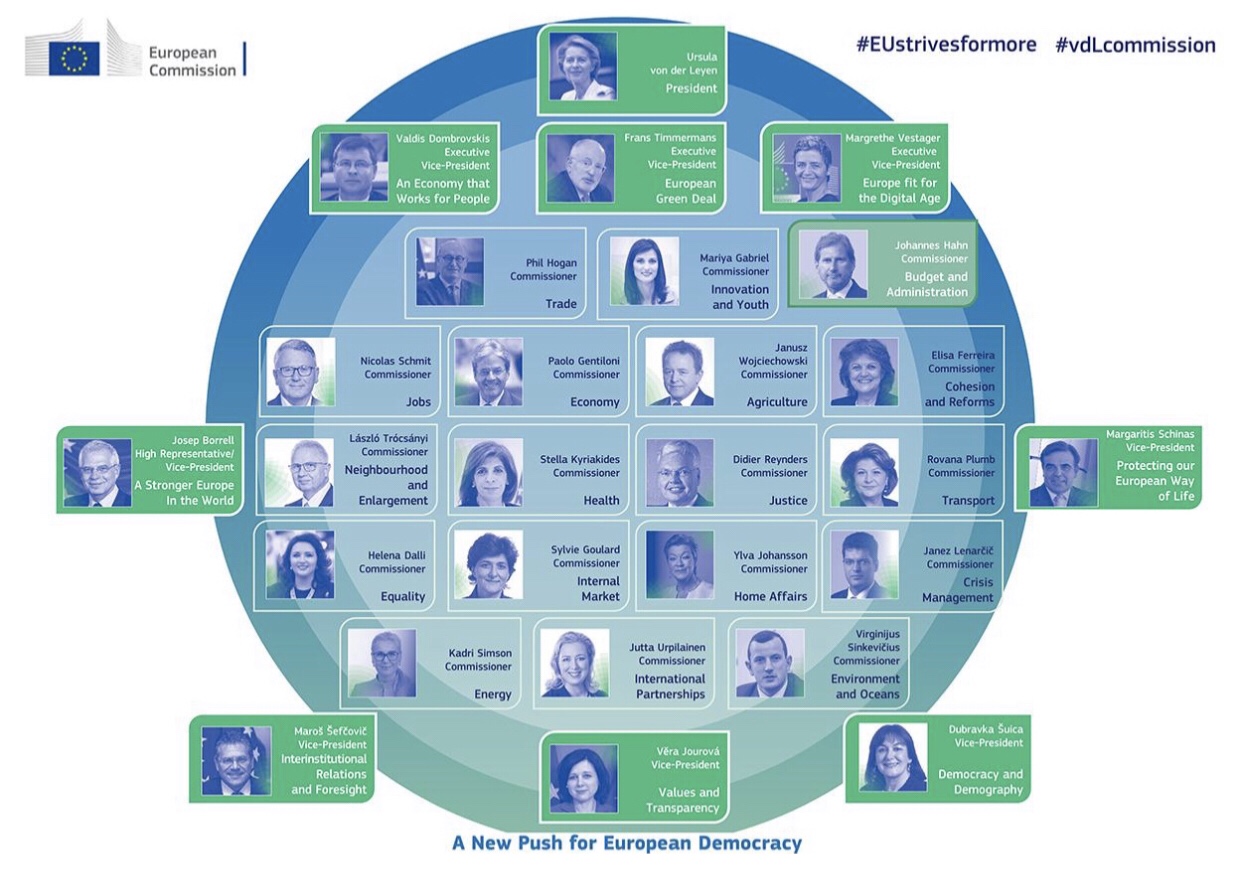
As the Commisison writes, at the heart of our work is the need to address the changes in climate, technology and demography that are transforming our societies and way of life. Existing powers are going down new paths alone. New powers are emerging and consolidating. This has left a feeling of unease and anxiety in many communities across Europe.
Commissioner Gentiloni from Italy will be responsible for Economy, which also will cover ECOFIN and TAXUD, Customs and Tax.
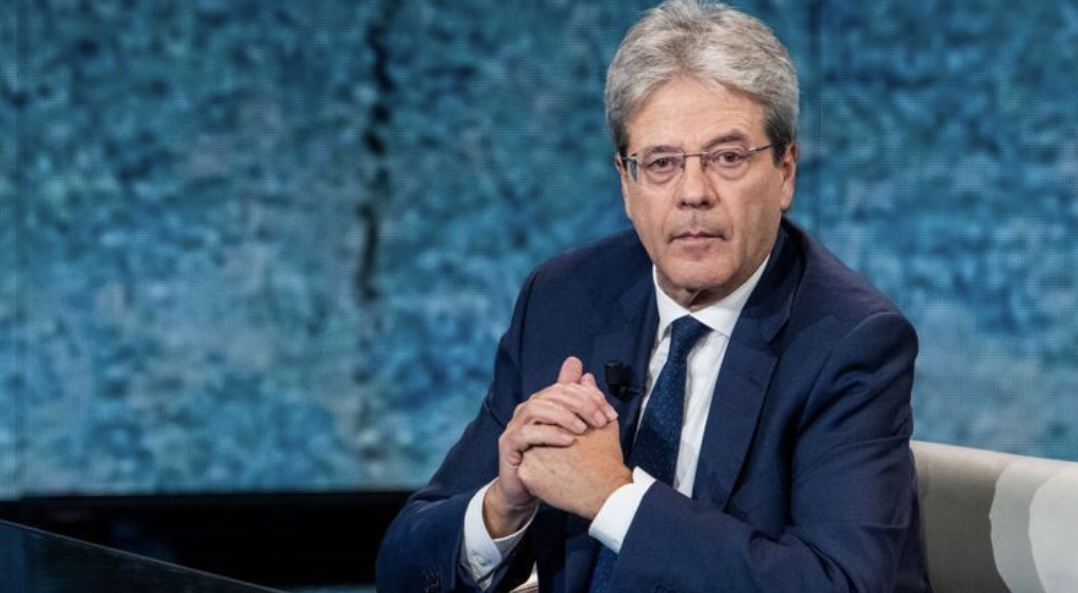
The EU must lead the transition to a healthy planet and a new digital world. But it can only do so by bringing people together and upgrading our unique social market economy to fit today’s new ambitions.
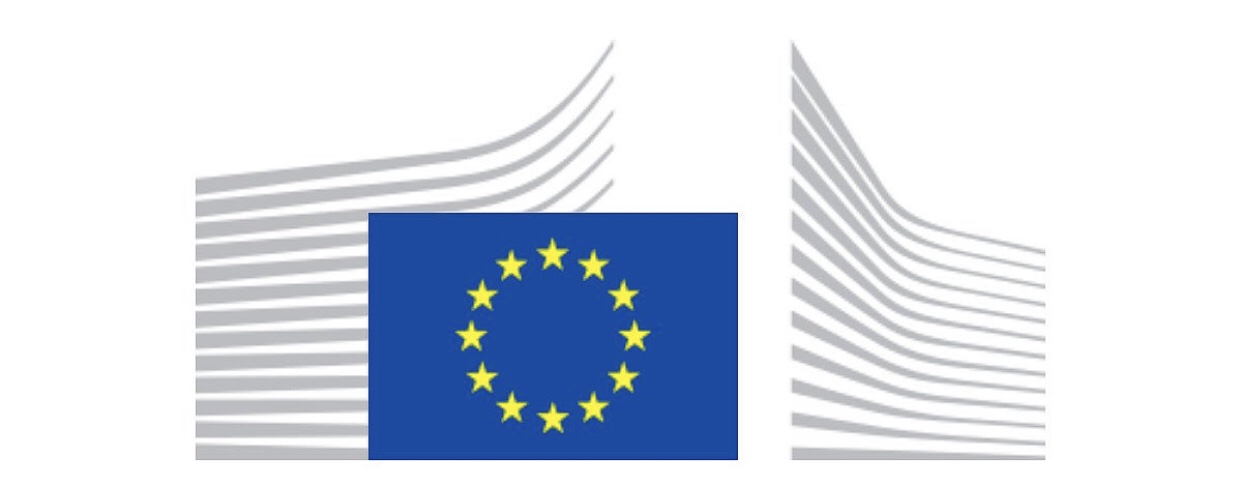
As we embark on this journey, we must make the most of all of our strengths, talent and potential. We must focus on equality and creating chances for all, whether for women or men, whether from East, West, South or North, whether young or old. We must defend our common values and uphold the rule of law. In the next 5 years all of the European institutions have to work together closely to allay fears and create opportunities.
President-elect Ursula von der Leyen said: “This team will shape the European Way: we will take bold action against climate change, build our partnership with the United States, define our relations with a more self-assertive China and be a reliable neighbour, for example to Africa. This team will have to stand up for our values and world-class standards. I want a Commission that is led with determination, that is clearly focused on the issues at hand and that provides answers. I want it to be a well-balanced, agile and modern Commission. This team will now have to gain the Parliament’s confidence. My Commission will be a geopolitical Commission committed to sustainable policies. And I want the European Union to be the guardian of multilateralism. Because we know that we are stronger by doing together what we cannot do alone.”
The new College will have eight Vice-Presidents, including the High-Representative of the Union for Foreign Policy and Security Policy (Josep Borrell). The Vice-Presidents are responsible for the top priorities in the Political Guidelines. They will steer our work on the most important overarching issues, such as the European Green Deal, a Europe fit for the digital age, an economy that works for people, protecting our European way of life, a stronger Europe in the world and a new push for European democracy. The Commissioners are at the centre of the structure of the new College. They will manage the expertise provided by the Directorates-General.
You can read the document about the new EU Commission here: The New EU Commission
Alibaba, China’s most valuable public tech company, will mark its 20th birthday on Tuesday with a rite of succession: its founder Jack Ma will retire as executive chairman and hand the reins to chief executive Daniel Zhang.
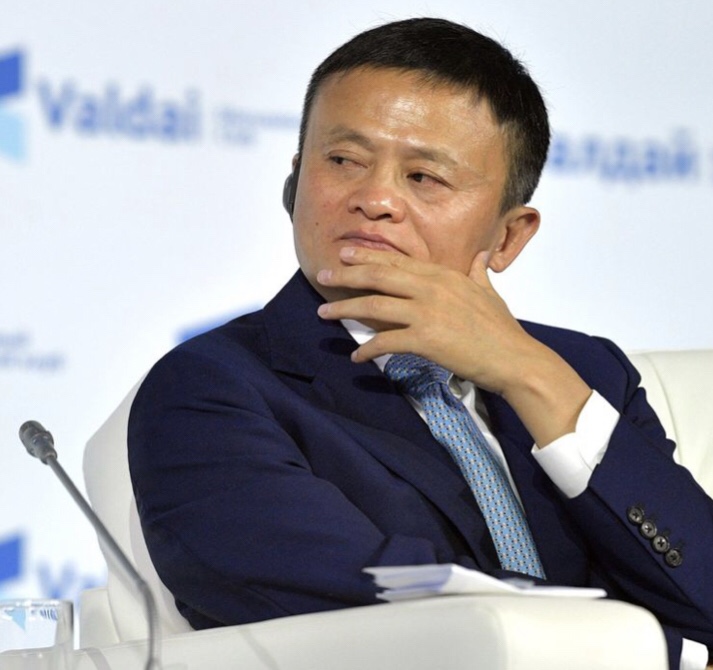
It is the first transition at the top of a big Chinese tech company — peers Tencent and Baidu are still run by their founders Pony Ma and Robin Li — and in many ways the toughest to pull off.
The 55-year-old Mr Ma, China’s richest man, is a charismatic leader who built Alibaba from a shared apartment into a company worth $462bn. His successor is a low-key former accountant.
We all know that PM Boris Johnson has ruled out the current Withdrawal Agreement due to the backstop and many people are saying that there have been no alternative to the backstop presented. This is not correct.
The Alternative Arrangements Commission (AAC), co-chaired by Rt Hon Nicky Morgan MP and Rt Hon Greg Hands MP – both remainers – was initiated and set-up by Prosperity UK. The AAC through its Technical Panel presented in July its final report outlining Alternative Arrangements to the backstop and a draft protocol mechanism for the Withdrawal Agreement.
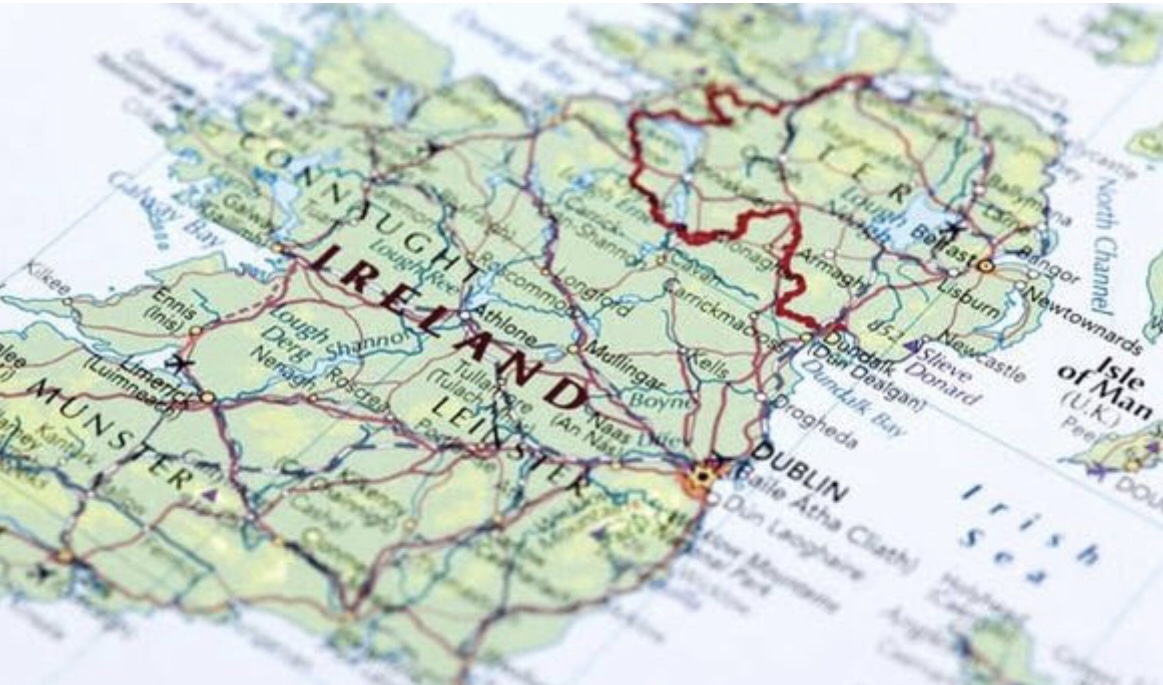
I was one of the experts of the Technical Panel and during eight weeks we met with and consulted stakeholders, while we drafted a propsal consisting a set of alternatives that could replace the backstop.
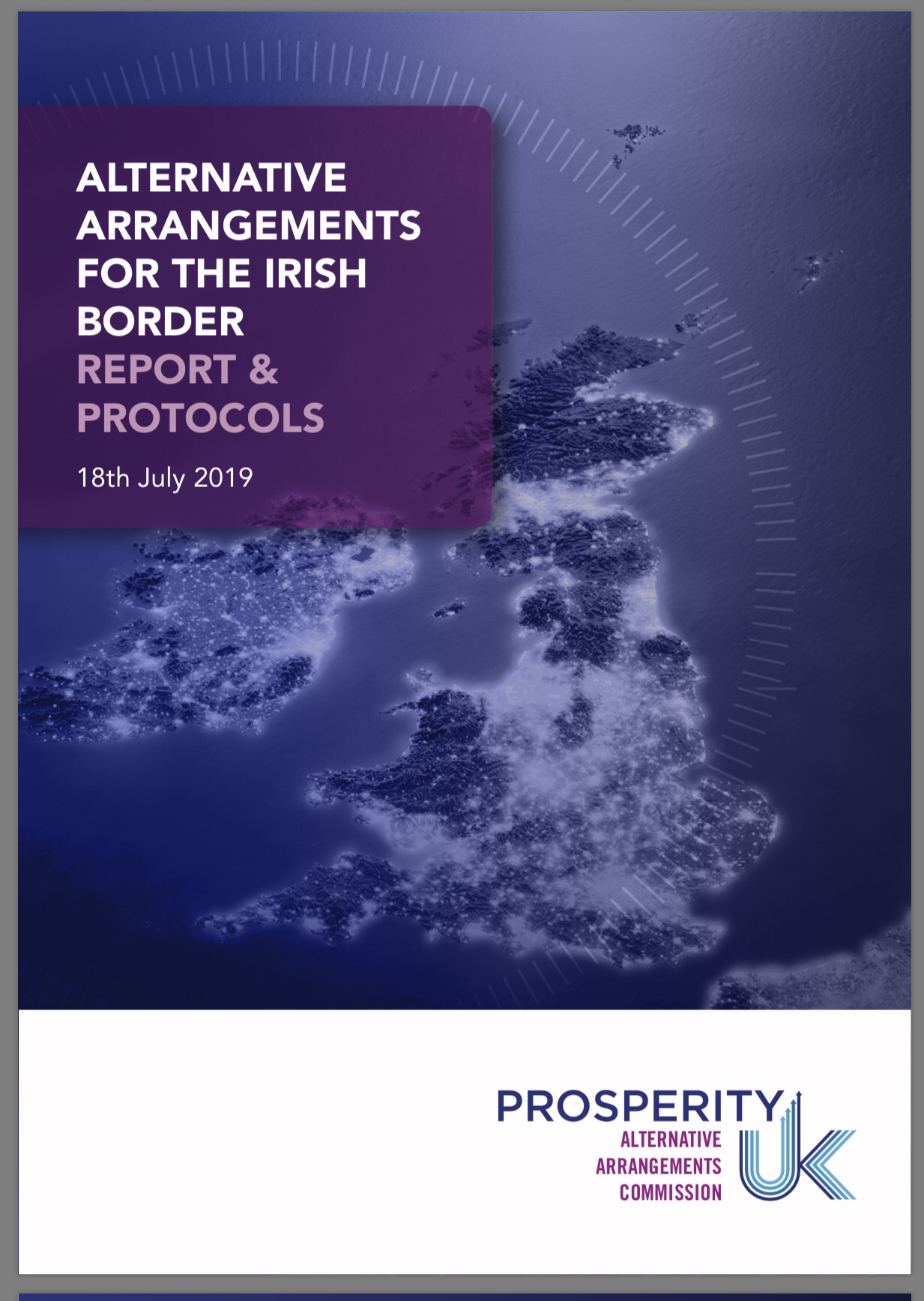
The key points of our proposal are:
• Working Alternative Arrangements should be fully up and running within three years, with the ability to implement some measures considerably sooner.
• Alternative Arrangements are available through harnessing existing technologies and Customs best practice; futuristic high-tech solutions are not required.
• New technology has a role to support policy, but any technology suggested for deployment in the first instance is already in use elsewhere.
• A one size fits all solution should be avoided; instead people and traders should be given the maximum possible choice of options.
• A multi-tier trusted trader programme for large and medium sized companies should be introduced, with exemptions for the smallest companies.
• The use of transit in the general trading case to ensure no checks at the border.
• Building on the Single Epidemiological Unit, which currently exists on the Island of Ireland, we suggest a common Sanitary and Phyto-Sanitary (SPS) zone for the ld be up to the Northern Irish executive and the Northern Ireland Assembly, after consultation with the Northern-South Ministerial Council and the British-Irish Council, whether to align with the Irish and EU regime or the rest of the UK.
• In the event no common regulatory areas can be achieved, transit for the general case would include Sanitary and Phyto-Sanitary (SPS) checks to be carried out by mobile units away from the border using the existing EU Union Customs code or a common area for SPS measures.
• Enhanced Economic Zones, benefiting from relevant WTO exemptions, such as frontier traffic and national security, offer potentially valuable solutions which respect the realities of border and cross-border communities.
• A transitional adjustment fund paid for by the UK, to assist with the implementation of Alternative Arrangements on both sides of the Irish border for small businesses.
• A capacity building fund paid for by the UK, to support customs development for UK and IE governments.
• An independent arbitration panel and a specialist committee to advise on implementation.
These are the main suggestions of the report. In addition a mechanism with protocols to replace the backstop in the WA has been developed.
Protocol AB adds an additional protocol into the existing Withdrawal Agreement and incorporates a list of UK obligations which, if satisfied, would mean that the Backstop Protocol would not be triggered, subject to dispute resolution via an independent arbitration mechanism.
Since these obligations are entirely on the UK side, it would be for the UK to ensure that the backstop is not triggered as long as it fulfils the commitments set out.
Protocol C is a standalone protocol that also delivers Alternative Arrangements in any other scenario. Since it is consistent with any new deal the UK might do with the EU, it could also be used to agree these arrangements as a fallback in the event of No Deal. It is intended to assist both sides in avoiding the challenges recently alluded to by both the Irish Government and the Department for the Economy in Northern Ireland.
The report has been presented to involved parties.
In summary we are convinced that this is the way forward and the Alternative Arrangements can be implemented, not to the 31 October, but within a period of 36 months. Some of the solutions are available already today, while some of the main proposals takes 9-12 months.
In the report we conclude:
– It is possible to handle Customs and Border procedures by moving the formalities away from the border (to before and after),
– Alternative Arrangements should be based on optimizing existing Customs Procedures in line with international standards and laws, and
– Alternative Arrangements is not about technology unicorns, it is about using a set of different already existing (in internal law as well as in the EU Union Customs Code) technical solutions i.e; like AEO/Trusted Traders, Transit, Simplified procedures, Simplified reporting etc to its maximum (supported by technology when needed).
The important thing is to protect the interest of both parties to maintain safety, security, compliance while supporting traders to fulfil their obligations with maximum fascilitation and minimal cost. It is possible to implement these Alternative Arrangements step-by-step within a transition period if there is a political will to do so.
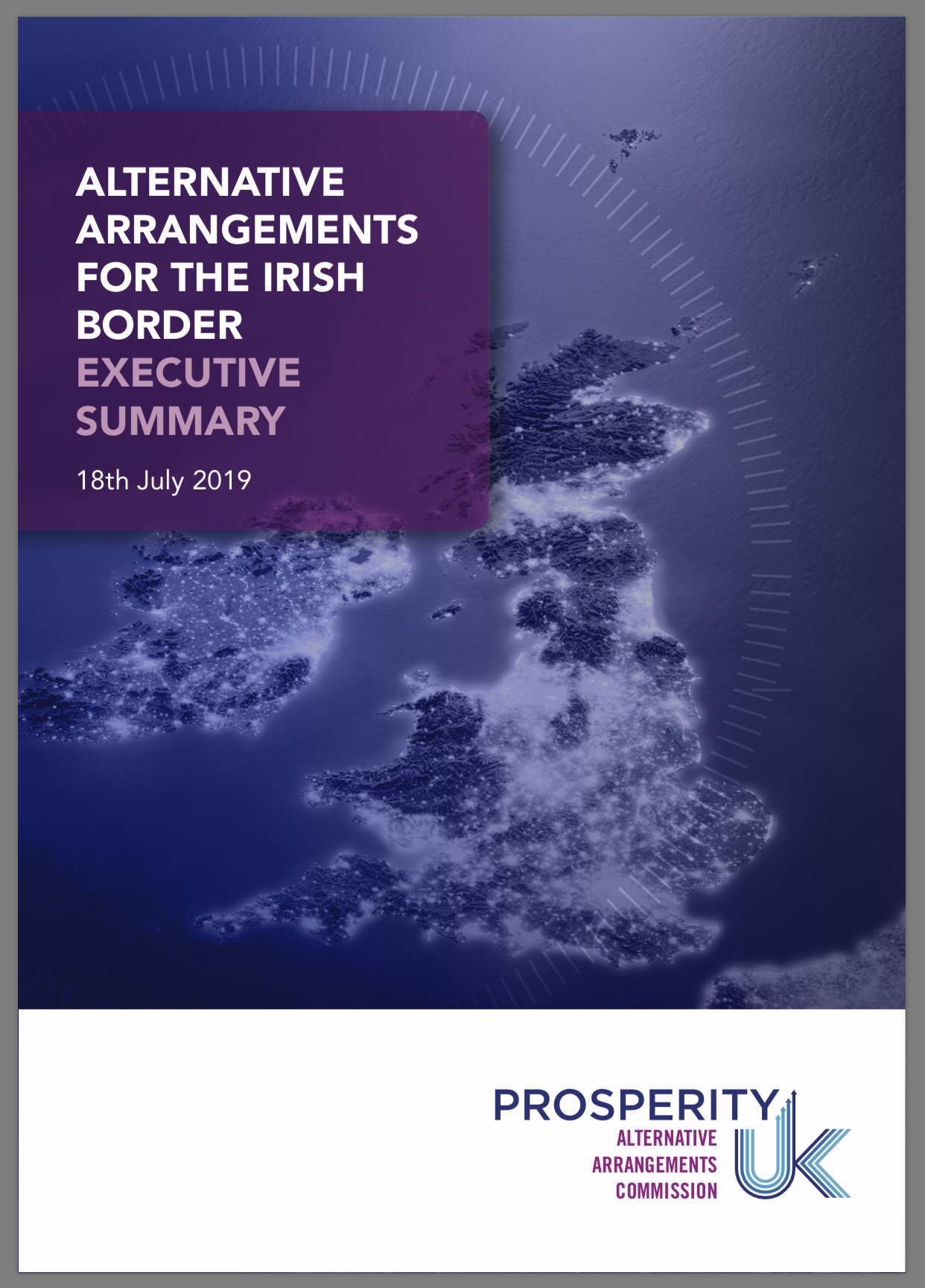
You can find the Alternative Arrangements Report and Executive Summary here: www.prosperity-uk.com/aacabout/






You must be logged in to post a comment.